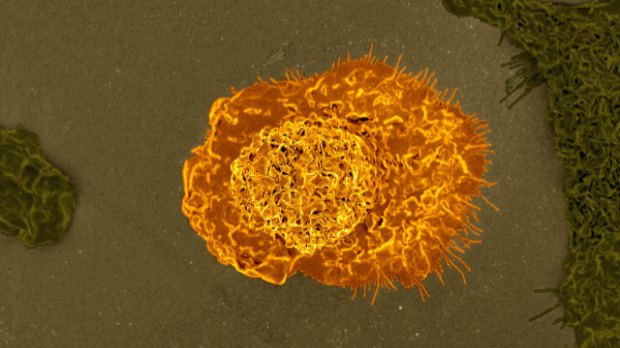 FLICKR, NIAIDThe gut microbiome is typically considered essential for proper health, but a study in mice shows that, at least when it comes to insulin sensitivity and obesity, that may not be the case. In Nature Medicine today (November 16), researchers reported that animals without intestinal microbiota had better glucose tolerance and insulin sensitivity, less white fat, and lower body mass.
FLICKR, NIAIDThe gut microbiome is typically considered essential for proper health, but a study in mice shows that, at least when it comes to insulin sensitivity and obesity, that may not be the case. In Nature Medicine today (November 16), researchers reported that animals without intestinal microbiota had better glucose tolerance and insulin sensitivity, less white fat, and lower body mass.
“Although treating obesity with high doses of antibiotics is unrealistic—mainly due to the risk of antibiotic resistance—we want to explore alternative ways of suppressing or modifying the microbiota, and to identify the exact bacterial genes responsible for this phenomenon,” Mirko Trajkovski of the University of Geneva said in a statement. “We would then target only those, without having to deplete the entire microbiota.”
Trajkovski and his colleagues put mice on a high-fat diet after either erasing their microbiome with antibiotics or raising them in a germ-free environment. While normal mice became obese, the microbe-free mice remained lean and produced more beige fat, an energy-burning form of adipose tissue.
The germ-free mice also had higher levels of certain cytokines. “Inhibition of this signaling impairs antibiotic-induced subcutaneous-fat ...



















